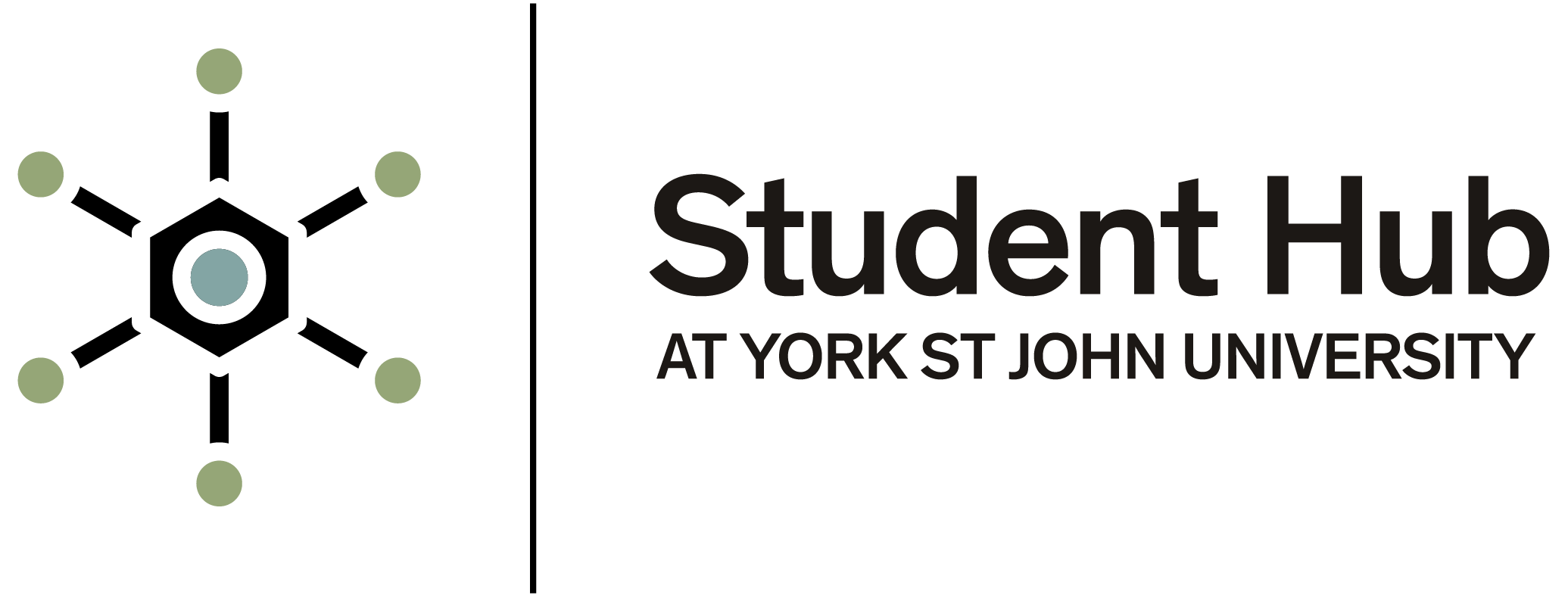Meaningful learning, poor scholarship and academic misconduct for taught modules and components
Definitions for staff and students
Individuals sometimes fail to act with academic integrity in an attempt to gain an unfair advantage in an assessment. This is often termed academic misconduct, and it will be dealt with in accordance with University procedures. Academic misconduct includes unintentional acts, where students have not familiarised themselves with good academic practice.
A full description of academic misconduct can be found in section 27 of the Code of Practice for Assessment.
The aim is to support students in undertaking work and practice that contributes to their learning, while avoiding practices that can obstruct or inhibit learning.
This guidance does not apply to research components of research degrees. These fall under the scope of the research policies.
Meaningful learning
Meaningful learning is developing:
- Integrity; to be open-minded, honest, curiosity-driven and growth-oriented.
- Knowledge; of your discipline, theoretical approaches, and different and diverse perspectives.
- Skills; the application of knowledge with analysis, synthesis, evaluation and creativity to solve problems, and apply practices and theory.
- Behaviours; the competence and confidence to utilise and further demonstrate skills and knowledge in contexts that are purposeful and relevant to life beyond study.
Poor scholarship
Poor scholarship means:
- A genuine lack of understanding of academic integrity.
- The unintentional, mistaken or insufficient use of referencing and citation.
Poor scholarship could look like not knowing how to correctly reference, not showing independent or critical thinking, or not using credible academic sources to support ideas.
Academic misconduct
Academic misconduct includes (this is not an exhaustive list):
- Plagiarism (copying someone else's work. This includes self-plagiarism, where a student submits previous work for a new assignment without permission).
- Cheating (using unauthorised materials during an exam or getting someone else to take the test. This can include contract cheating, paying someone to complete an assignment or using essay-writing services).
- Fabrication of data (inventing data, falsifying research results or citing sources that do not exist).
- Presenting others' work as your own.
- Collusion (working with others on an individual assignment without permission, or allowing someone to copy work).
- Any other behaviour and/or action that is ethically questionable and which violates academic integrity policies.
Do's
- Read our academic integrity guidance and Academic Misconduct policy.
- Familiarise yourself with guidance on the use of artificial intelligence (AI).
- Always cite your sources and give credit to original authors when using their work.
- Talk to your Module Leader or Academic Tutor about how / whether AI assistance is permitted for assignments.
- Complete your work alone, unless collaboration has been explicitly allowed.
- Use your own laptop or borrow one from the University.
- If you are not sure about anything, then talk to your Module Leader or Academic Tutor.
- Keep your notes / assignments secure.
Don'ts
- Do not use unauthorised materials during exams.
- Do not copy someone else's work (including AI generated content) without correct citation.
- Never falsify or manipulate data, research results, citations or attendance.
- Do not buy or sell your assignments. Paying for someone else to complete your work is academic misconduct.
- Do not share your work with others.
Additional resources
Read more information about access to study support services and resources.
Please speak to your module leader or academic tutor for further guidance.


